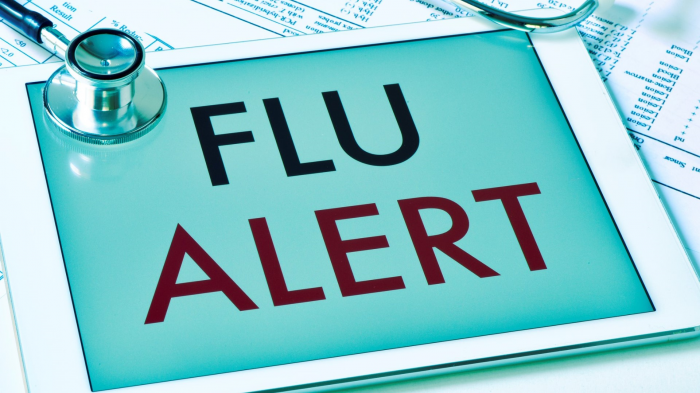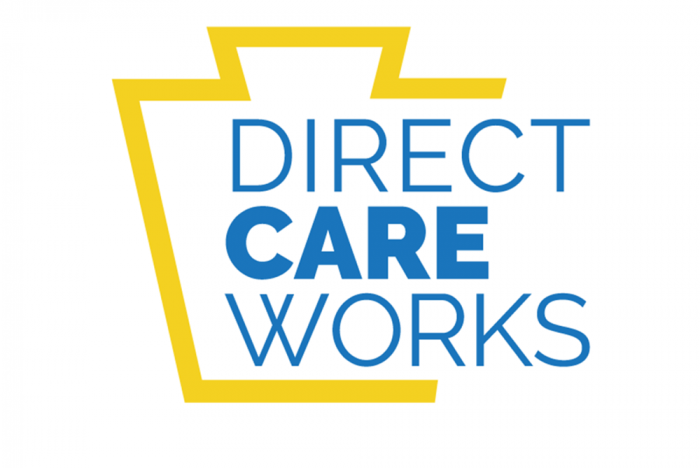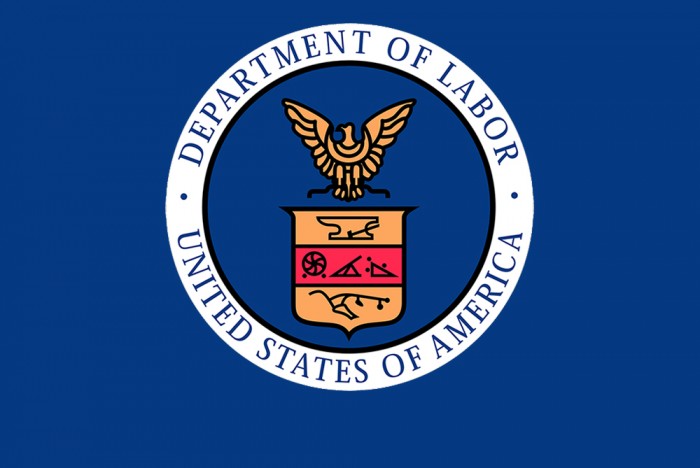Health Alert from ODP: Prepare for Flu Season – Get Your Flu Shot Early!
October 7, 2020
ODP Medical Director Gregory Cherpes, MD issued the following alert. Flu season is quickly approaching, and as we continue to protect ourselves and others from COVID-19, guarding yourself from the flu is more important than ever.
A flu vaccine is the best way to prevent yourself from getting the flu and protects your family, friends, co-workers, patients, and everyone you meet. Like COVID-19, the flu can be extremely dangerous for people with co-occurring medical conditions and other health vulnerabilities. Getting a flu shot is a small step to protect yourself and everyone you encounter as we enter an even more dangerous flu season.
Both the flu shot, and nasal spray are recommended options to protect yourself from the flu. They can be found at your doctor’s office, pharmacies, walk-in clinics, and grocery stores. Flu vaccines are already available at many places around Pennsylvania.
These vaccines are free if you have health insurance. The Pennsylvania Department of Health also provides flu shots for individuals who need them. It is recommended that individuals first check with their health care provider regarding getting the flu vaccine, and if you or someone you know still needs t a flu shot call 877-PA-HEALTH or 877-724-3258.
The symptoms of the flu are like those of COVID-19. People sick with the flu may experience fever, cough, sore throat, nasal congestion, muscle or body aches, headaches, fatigue, or vomiting and diarrhea. As we move through flu season, health care providers must be mindful of this overlap and should test people experiencing symptoms for both the flu and COVID-19.
We must remain diligent and protect ourselves and those around us from the threat of COVID-19 and the seasonal flu. Please continue to regularly clean frequently touched surfaces, wash your hands thoroughly, and if you need to cough, cough into a tissue or your elbow. If you are sick, stay home. Wearing a mask will help prevent the spread of both COVID-19 and the flu, so continue to wear a mask if you are able, practice social distancing, and help us stop the spread of COVID-19 and the flu.

















